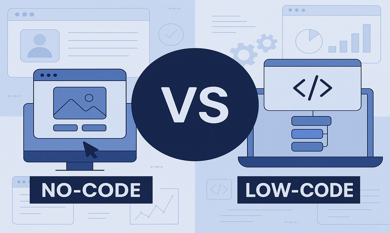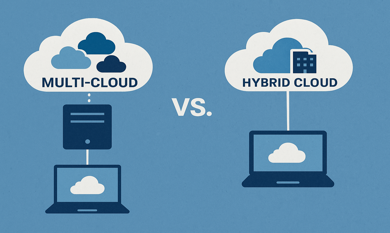Blockchain technology is no longer just for cryptocurrency. Today, many businesses use blockchain to improve transparency, strengthen security, and protect data across various sectors like finance, healthcare, logistics, and supply chains.
One of the first decisions companies face when adopting blockchain is whether to choose a public or private blockchain. Each has unique features, and understanding their differences is important before starting a project.
In this blog, we will explain the key differences, benefits, and how to decide what is right for your business.
What Are Public and Private Blockchains?
Public Blockchain
A public blockchain is open for anyone to join. Anyone can view the data, create transactions, and participate in the network. It is fully decentralized and relies on a global group of computers to verify transactions.
Examples: Bitcoin, Ethereum
Main Features:
- Open to all users
- Transparent and secure
- Decentralized
- Includes token-based incentives
Private Blockchain
A private blockchain is restricted. Only selected users or organizations can access the data and perform actions on the network. It is usually managed by one company or a group of trusted parties.
Examples: Hyperledger Fabric, Quorum, Corda
Main Features:
- Limited access for selected users
- Higher speed and performance
- More control over data
- Suitable for compliance and security
Key Factors to Consider
1. Control and Security
- Public blockchains are secure due to decentralization, but businesses have less control over the system.
- Private blockchains allow more control, which is important for companies managing sensitive data.
2. Speed and Performance
- Public blockchains can be slower due to the high number of participants and complex processes.
- Private blockchains offer faster transactions and are more scalable for internal use.
3. Transparency and Trust
- Public blockchains provide full transparency, which helps build public trust.
- Private blockchains share data only with authorized users, which is ideal for industries that need confidentiality.
4. Compliance with Regulations
- Private blockchains make it easier to meet laws like GDPR or HIPAA because companies can decide who accesses the data.
- Public blockchains are harder to manage when strict compliance is needed.
5. Costs
- Using public blockchains usually involves transaction or gas fees.
- Private blockchains may have higher setup costs but offer better control over ongoing expenses.
Use Cases for Public Blockchains
Public blockchains work best when transparency and open access are essential.
Examples:
- Digital identity systems
- Public voting
- Token-based fundraising
- Global money transfers
Use Cases for Private Blockchains
Private blockchains are ideal for internal business processes or when working with partners in a controlled environment.
Examples:
- Supply chain tracking
- Health record management
- Financial auditing
- Insurance claims
- Manufacturing and logistics
Hybrid Blockchains: A Balanced Approach
Some businesses choose a hybrid blockchain, combining the best features of both public and private systems. For example, private chains are used for processing data securely, while public chains can record final results or proof-of-authenticity.
This approach offers flexibility, better performance, and trust where needed.
Commercial Benefits
Choosing the right blockchain can help your business stay competitive and efficient. Here are some commercial advantages:
- Improved Security: Data on the blockchain cannot be changed easily, reducing fraud risks.
- Process Automation: Smart contracts can automate tasks like payments, approvals, and reporting.
- Cost Savings: Fewer intermediaries and reduced paperwork lower operational costs.
- Faster Transactions: Real-time updates and approvals improve decision-making and customer experience.
- Better Collaboration: Shared systems help improve trust and communication between teams or partners.
Development ROI (Return on Investment)
When investing in blockchain technology, understanding the return on investment is important.
- Initial Setup vs. Long-Term Gains: Private blockchains may need more time and money to set up, but they often result in faster processing, fewer errors, and long-term savings.
- Reduced Operational Costs: Automation through smart contracts and secure data handling reduces manual efforts and risk of errors.
- Improved Customer Trust: In sectors like healthcare, real estate, or banking, using blockchain builds credibility and customer confidence.
- Future Scalability: Once the system is in place, it can be scaled across departments or regions without starting from scratch.
Investing in blockchain development often pays off through improved efficiency, stronger security, and better user trust.
Integration with Web and Mobile Technologies
A blockchain system works best when it integrates smoothly with your existing tools and platforms. Many businesses connect blockchain with web dashboards or mobile apps to display real-time data and manage operations easily.
Technologies like AngularJS allow developers to build user-friendly dashboards for blockchain applications. That’s why businesses often choose web app development services Dallas or specifically angularjs web app development services Dallas to support their blockchain interfaces.
These services help create applications that are not only functional but also fast and secure.
Real Industry Examples
- Walmart tracks food products using blockchain to ensure freshness and safety.
- De Beers uses blockchain to trace the source of diamonds, ensuring ethical sourcing.
- Estée Lauder tracks product ingredients to ensure authenticity and build consumer trust.
These examples show how blockchain can solve real problems across various industries.
How to Choose: Key Questions
To decide whether a public or private blockchain is right for your business, ask yourself:
- Is transparency important or do you need to control access?
- Will the system handle sensitive or regulated data?
- Is your application internal or public-facing?
- What is your budget and timeline?
- Do you need integration with existing web or mobile platforms?
Your answers will help guide you toward the best blockchain solution for your goals.
Conclusion
Choosing between public and private blockchains is a strategic decision for your business. Public blockchains offer transparency and global access, while private blockchains provide more control, faster speeds, and better data protection.
The right choice depends on your specific needs, industry, and goals. Whether you're building a public-facing app or an internal solution, thoughtful planning and expert development are key.
Partnering with a trusted web3 app development company in Dallas like Theta Technolabs can help you move forward with clarity. Their expertise in Web, Mobile and Cloud ensures your blockchain application is efficient, scalable, and ready for the future.
Let's Build Smart Blockchain Solutions
Ready to build a secure and efficient blockchain-powered app for your business?
Whether you are creating an internal system, a customer platform, or a global solution, the right team makes all the difference.
Work with Theta Technolabs to design, develop, and launch blockchain systems that integrate smoothly across Web, Mobile and Cloud.
📩 Get in touch today at sales@thetatechnolabs.com
Let’s turn your vision into a high-performing blockchain application.






















_Choosing%20the%20Right%20App%20Development%20Company_%20A%20Comprehensive%20Guide_Q1_24.jpg)
_Chatbots%20for%20Event%20Management%20and%20Hospitality%20Services_Q1_24.jpg)
_Best%20iOS%20App%20Development%20Company_%20Enhancing%20User%20Engagement%20with%20Push%20Notifications_Q2_24.jpg)
_Key%20Trends%20in%20Healthcare%20Software%20Development%20for%20the%20Future_Q2_24.jpg)
_How%20much%20does%20it%20cost%20to%20create%20an%20android%20app%20in%202024%20for%20Startups_%20A%20detailed%20guide_Q2_24.jpg)
_Integrating%20Chatbots%20Into%20Your%20Application.jpg)


_Enhancing%20Driver%20Safety%20and%20Compliance%20with%20Web%20Apps%20in%20the%20Logistics%20Sector_Q3_24.jpg)
_Web%20Apps%20for%20Retail%20and%20eCommerce_%20Streamlining%20Operations%20and%20Reducing%20Costs_Q3_24.jpg)
_How%20AI%20is%20Enhancing%20Construction%20Site%20Surveillance%20and%20Security%20in%20Dallas_Q3_24-1.jpg)
_The%20Impact%20of%20Cross-Platform%20Apps%20on%20Real%20Estate%20Market%20Trends%20in%20Dallas_Q3_24-1.jpg)
_Streamlining%20Appointment%20Scheduling%20with%20Cloud%20Computing%20in%20Dallas%20Healthcare_Q4_25.jpg)
_How%20Cloud%20Solutions%20Are%20Enhancing%20Remote%20Patient%20Monitoring%20in%20Healthcare_Q4_25.jpg)










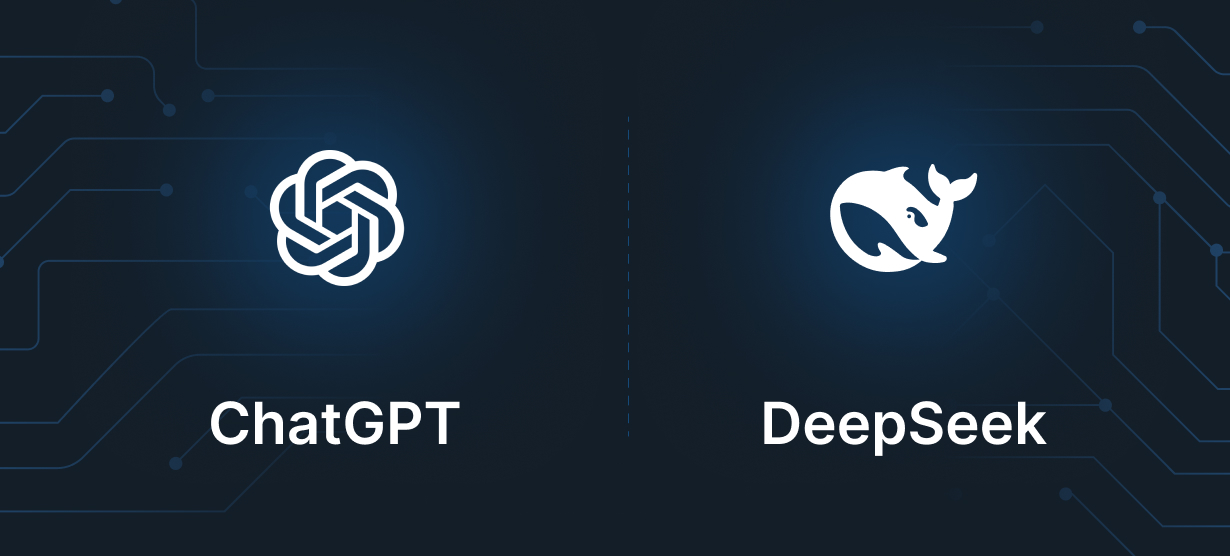




















.png)





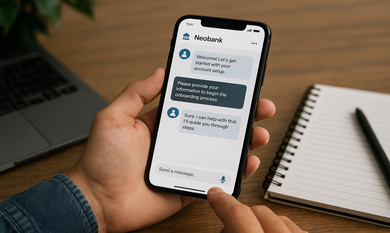
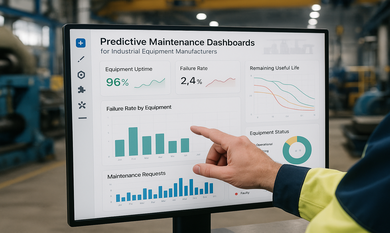





.png)

.png)
.png)
.png)
.png)


.png)
.png)
.png)
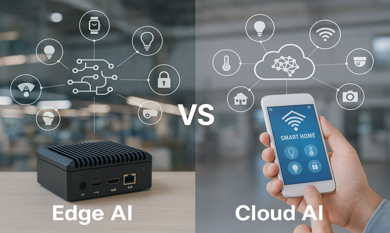
.png)






.png)
.png)








